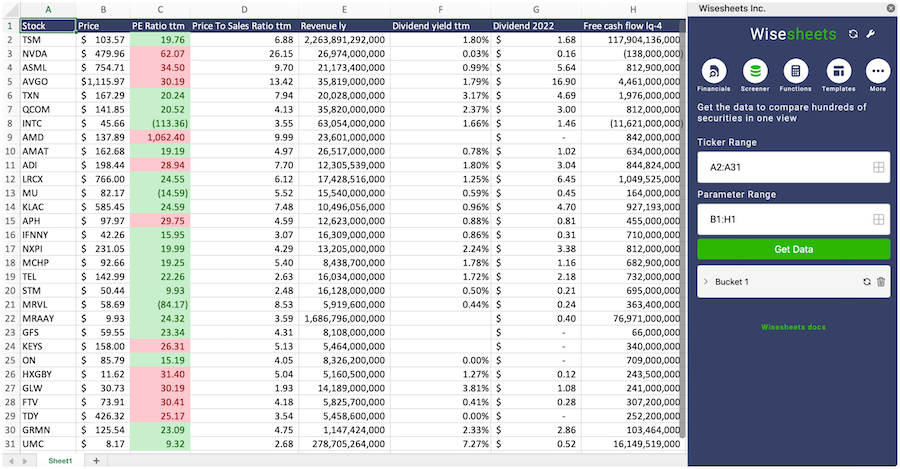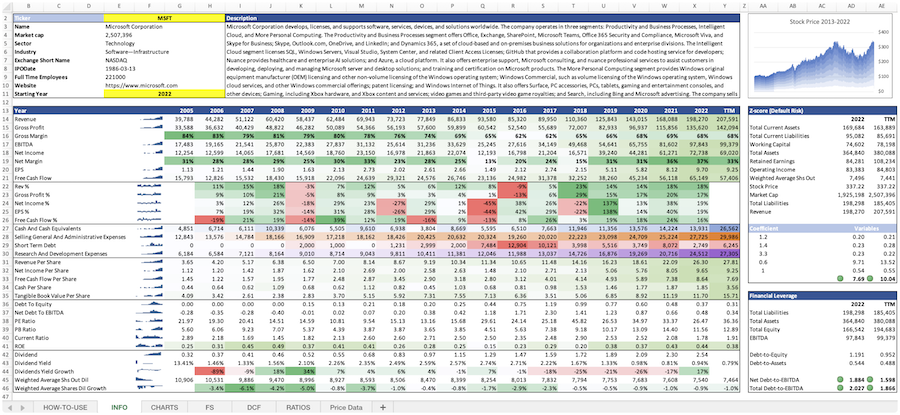PPL Corporation
PPL
Price:
$35.5
Market Cap:
$26.26B
PPL Corporation, a utility holding company, delivers electricity and natural gas in the United States and the United Kingdom. The company operates through two segments: Kentucky Regulated and Pennsylvania Regulated. It serves approximately 429,000 electric and 333,000 natural gas customers in Louisville and adjacent areas in Kentucky; 538,000 electric customers in central, southeastern, and western Kentucky; and 28,000 electric customers in five counties in southwestern Virginia. The company also provides electric services to approximately 1.4 million customers in Pennsylvania; and generates electricity from coal, gas, hydro, and solar sources in Kentucky; and sells wholesale electricity to ...[Read more]
Industry
Regulated Electric
IPO Date
1980-03-17
Stock Exchange
NYSE
Ticker
PPL
PE Ratio
[24.15]
ROE
[7.65%]
Current Ratio
[0.77]
Dividend Yield
[3.07%]
Enterprise Value
[44.13B]
Dividend History
The ROE as of February 2026 (TTM) for PPL Corporation (PPL) is 7.65%
According to PPL Corporation’s latest financial reports and current stock price. The company's current ROE is 7.65%. This represents a change of 300.68% compared to the average of 1.91% of the last 4 quarters.
PPL Corporation (PPL) Historical ROE (quarterly & annually)
How has PPL ROE performed in the past?
The mean historical ROE of PPL Corporation over the last ten years is 8.29%. The current 7.65% ROE has changed -7.72% with respect to the historical average. Over the past ten years (40 quarters), PPL's ROE was at its highest in in the March 2016 quarter at 4.93%. The ROE was at its lowest in in the March 2021 quarter at -15.93%.
Average
8.29%
Median
8.68%
Minimum
-10.78%
Maximum
19.21%
PPL Corporation (PPL) ROE by Quarter and Year
Discovering the peaks and valleys of PPL Corporation ROE, unveiling quarterly and yearly fluctuations to gain insights into the company’s financial performance and market dynamics, offering valuable data for investors and analysts alike.
Maximum Annual Increase = 179.45%
Maximum Annual ROE = 19.21%
Minimum Annual Increase = -198.18%
Minimum Annual ROE = -10.78%
| Year | ROE | Change |
|---|---|---|
| 2024 | 6.31% | 18.77% |
| 2023 | 5.31% | -2.24% |
| 2022 | 5.43% | -150.38% |
| 2021 | -10.78% | -198.18% |
| 2020 | 10.98% | -18.27% |
| 2019 | 13.44% | -14.25% |
| 2018 | 15.67% | 49.52% |
| 2017 | 10.48% | -45.44% |
| 2016 | 19.21% | 179.45% |
| 2015 | 6.88% | -46.06% |
PPL Corporation (PPL) Average ROE
How has PPL ROE performed in the past?
The current ROE of PPL Corporation (PPL) is less than than its 3-year, less than than its 5-year, and less than than its 10-year historical averages
3-year avg
5.68%
5-year avg
3.45%
10-year avg
8.29%
PPL Corporation (PPL) ROE vs. Peers
How is PPL’s ROE compared to its peers?
PPL Corporation’s ROE is less than FirstEnergy Corp. (10.50%), less than Ameren Corporation (11.42%), less than Eversource Energy (8.66%), less than DTE Energy Company (11.64%), less than The Southern Company (13.11%), less than Fortis Inc. (6.89%), greater than Centrais Elétricas Brasileiras S.A. - Eletrobrás (-4.91%), greater than AXIA Energia S.A. (-4.91%), less than Atmos Energy Corporation (9.07%), less than CMS Energy Corporation (12.38%),
| Company | ROE | Market cap |
|---|---|---|
| 10.50% | $27.09B | |
| 11.42% | $28.13B | |
| 8.66% | $25.72B | |
| 11.64% | $28.18B | |
| 13.11% | $99.24B | |
| 6.89% | $27.33B | |
| -4.91% | $24.82B | |
| -4.91% | $20.68B | |
| 9.07% | $27.30B | |
| 12.38% | $21.85B |
Build a custom stock screener for PPL Corporation (PPL) and other stocks
One of the best ways to find valuable stocks to invest in is to build a custom made screener in your Excel or Google Sheets spreadsheet. This allows you to compare thousands of companies like PPL Corporation using the financials and key metrics that matter to you in a single view.
The easiest way to set this up is to use the Wisesheets add-on and set your spreadsheet like this:
Covering all these metrics from financial, data, dividend data, key metrics and more you can get all the data you want for over 50+ exchanges worldwide.
Get your free trial here.
PPL Corporation (PPL) and other stocks custom spreadsheet templates
The easiest way to analyze a company like PPL Corporation or any others is to create a spreadsheet model that automatically retrieves all of the stock data you need.
Using Wisesheets you can set up a spreadsheet model like this with simple spreadsheet formulas. If you change the ticker you can get all of the data automatically updated for you.
Whether you need live data, historical price data, financials, dividend data, key metrics, analyst estimates, or anything else...Wisesheets has you covered.
Frequently asked questions❓
What is the ROE?
How can you use the ROE?
What is PPL Corporation's ROE?
How is the ROE calculated for PPL Corporation (PPL)?
What is the highest ROE for PPL Corporation (PPL)?
What is the 3-year average ROE for PPL Corporation (PPL)?
What is the 5-year average ROE for PPL Corporation (PPL)?
How does the current ROE for PPL Corporation (PPL) compare to its historical average?

